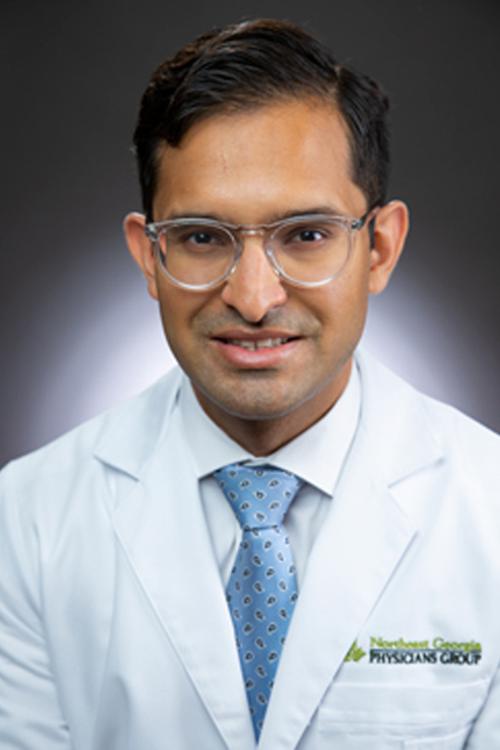If you’re struggling with neck or back pain from a herniated disc, you may be wondering, “What are my options?” You may even be wondering if it will heal on its own.
The short answer is yes, it can heal on its own over time. However, sometimes a herniated disc requires additional care to treat symptoms and heal the disc. Let’s take a look at the treatment options available to you!
At Home Care
Oftentimes, a herniated disc can heal on its own. Some things you can do to ease symptoms and help the healing process include:
- Rest. Take it easy for a few days, avoiding strenuous exercise or activity. However, you don’t want to stay in bed or be stagnant for too long to avoid stiffness.
- Heat or ice. You may find relief using ice or heat to relieve pain or soothe tense muscles in your neck or back around the area of the herniated disc.
- Over-the-counter (OTC) medications. Ibuprofen or acetaminophen can be helpful to relieve the pain associated with a herniated disc temporarily.
If you don’t find relief from these methods at home, you may need to pursue additional treatment options.
Physical Therapy & Injections
Physical therapy can be very helpful in healing a herniated disc and relieving symptoms. It’s important to work with a trained physical therapist who can teach you how to perform exercises correctly without causing further injury.
You may also benefit from steroid injections to relieve the symptoms of a herniated disc. These treatments are often used in conjunction with physical therapy. Be sure to ask your neurosurgeonif you could benefit from this option.
Surgical Options for Herniated Discs
If the above treatment options don’t provide relief, you may be considering surgery as an option. There are several different surgical options to treat a herniated disc:
- Microdiscectomy. Microdiscectomy is a minimally invasive surgery option that allows your surgeon to remove small parts of the spinal disc to relieve pressure and pain.
- Endoscopic discectomy is an ultra-minimally invasive spine surgery when your neurosurgeon removes all or part of the bulging disc. This approach allows for smaller incisions, shorter hospital stays, less pain and faster recovery times.
- Spinal fusion. This procedure connects two or more vertebrae (bones) in the spine together, essentially creating a single, solid bone.
- Artificial disc replacement. Artificial disc replacement is a surgical procedure where a damaged or diseased spinal disc is replaced with a prosthetic device.
Surgery is usually only considered for a herniated disc if more conservative treatment options have not resolved your symptoms.
Why Choose NGPG Neurosciences
While a herniated disc can heal on its own, it’s important to communicate with your physician about how your pain is progressing in case additional treatment options are needed or would help your symptoms. Our team of neurosurgeons and pain specialists can help guide you through conservative treatment and surgical procedures, if necessary. Start with NGPG Spine Care to learn more about treating a herniated disc today.



